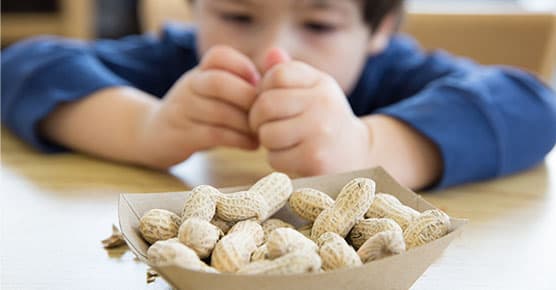Pediatric Food Allergy: UChicago Medicine FACET

Exceptional Food Allergy Care for Children
The UChicago Food Allergy Care, Education and Translational Research (FACET) Center provides comprehensive food allergy care for infants, children and teens by supporting both innovative clinical care and state-of-the-art research.
Food allergy is an epidemic that grows larger each year in the US and can be a source of constant anxiety for pediatric patients and their families. The UChicago FACET Center is leading the way in addressing this crisis.
We are the only institution in the Midwest pursuing research and conducting trials to improve diagnostics and revolutionize treatment for food allergies.
Thanks to support from our clinical care and research programs, our pediatric allergy experts are able to:
- Apply state-of-the-art diagnostics
- Discover novel diagnostics
- Implement innovative therapies
- Trial experimental therapies
Why Choose Comer Children's for Pediatric Food Allergy?
Comprehensive Food Allergy Care for Kids of All Ages

Peanut allergy care and management
Our pediatric allergists are skilled in peanut allergy care. We help families identify and safely manage peanut allergy in children of all ages, from babies and toddlers to adolescents and teens.

Adult food allergy care
In addition to our pediatric care, our FACET center is one of the only adult food allergy centers in the country.

Participate in allergy research studies
Are you or your child interested in participating in allergy and asthma research studies? Volunteer through our University of Chicago Allergy/Immunology Research Registry database.
Request an Appointment
We are currently experiencing a high volume of inquiries, leading to delayed response times. For faster assistance, please call 1-773-702-6169 to schedule your appointment.
If you have symptoms of an urgent nature, please call your doctor or go to the emergency room immediately.
* Indicates required field
